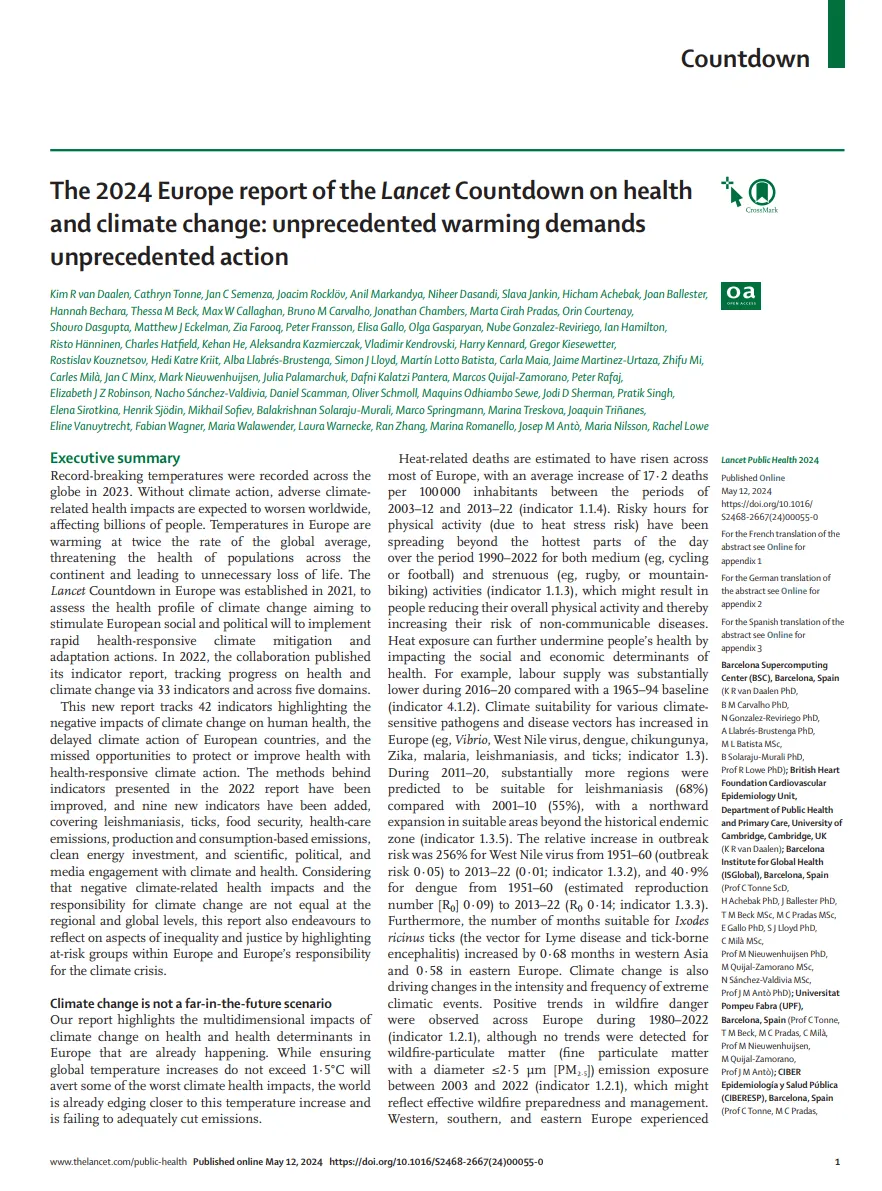This commentary piece draws on the experience of nutrition labelling to explore whether environmental sustainability labelling on food products can encourage more sustainable food choices and contribute towards building a healthy, sustainable food system.

The authors note that a 2019 review showed that nutrition labels can influence consumers to slightly reduce their total consumption of fat and calories and slightly increase their vegetable intake. It also found that food labelling encourages manufacturers to reformulate their products to contain less trans fat and sodium.
The authors note that further research is ongoing regarding whether nutrition labelling can deepen existing health inequalities. Mechanisms by which this might happen include reformulated products being sold at a higher price than standard products or only sold in rich countries. Furthermore, interpreting nutrition labels requires some degree of numeracy.
The commentary describes the extensive regulation required to monitor the validity of nutritional claims on food labels, and raises the question of whether existing regulatory resources could cope with environmental food labelling claims if they became more common.
The authors set out other potential challenges that environmental food labelling schemes could face. For example, environmental impacts fall into many different categories (such as the carbon footprint, biodiversity or eutrophication) and often involve complex tradeoffs. Communicating these impacts in a nuanced way will be difficult. The authors point to the “health halo” associated with organic food products, whereby consumers may perceive organic foods to be healthier despite there being limited evidence in support of this perception.
The commentary concludes that environmental food labelling might contribute to incremental change within the food system but is unlikely to produce systemic change alone. The authors also argue there is a risk of the confusion between different sustainability concepts (such as organic food and health impacts) being exploited for commercial or political gain. They suggest that the rising interest in sustainability labelling presents a good opportunity to develop food sustainability metrics that can communicate the nuances and tradeoffs involved in food system interventions.
Reference
Brown, K.A., Harris, F., Potter, C. and Knai, C., 2020. The future of environmental sustainability labelling on food products. The Lancet Planetary Health, 4(4), pp.e137-e138.
Read the full paper here. See also the Foodsource resource What are the influences on our food choices? and the FCRN’s metrics project Plating up Progress?




Comments (0)